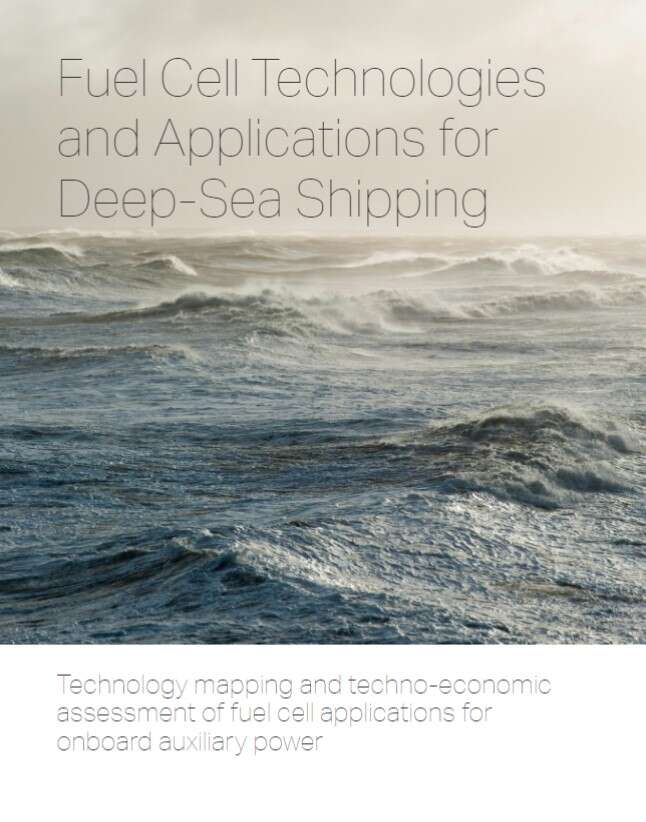Fuel Cell Technologies and Deep See Shipping
The results of this analysis show that, under the assumptions of our study, fuel cells could reduce both
onboard fuel demand and the resulting greenhouse gas emissions.
Further, these new technologies do not appear to require design modifications that would
affect ship operations or costs beyond what can be expected for the combination of alternative fuels and
internal combustion engines.
However, our results also indicate that, on top of the high costs currently forecast
for alternative fuels – which appear hard to compare to conventional fuels in the absence of a carbon tax –
the additional cost premium of fuel cells affects their competitiveness in the short and medium term. If we
focus on the long-term forecasts, the financial outlook for fuel cells improves but remains conditional on a
carbon tax or similar mechanism.
To summarize, our assessment shows that fuel cells could play a relevant part in shipping’s decarbonization,
should certain boundary conditions be fulfilled.
Stakeholders across the shipping industry can use the information in this report for guidance as they each play
their important roles in the adoption of this technology.
For example, our results suggest that shipowners or operators may be able to affordably improve their
assets’ environmental profile by phasing in fuel cells as described in our study. For technology providers,
our report sheds light on the optimal commercial operational combinations of fuel cell technologies and
alternative fuel pathways.
From a policy perspective, the report provides guidance on what is possible and
needed to enable fuel cells to contribute to shipping’s zero-carbon transition in the coming decades. Finally,
this report uses insights from expert interviews and analysis to clarify industry perspectives and increase
awareness of fuel cell technology and its potential to support decarbonization of shipping.
Hydrogen Shipping





